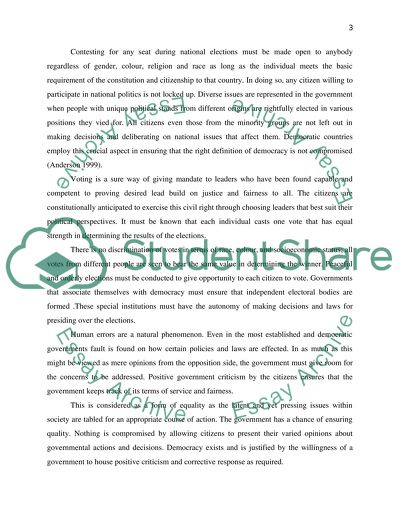Cite this document
(Globalization and Democratic Policies Term Paper, n.d.)
Globalization and Democratic Policies Term Paper. Retrieved from https://studentshare.org/politics/1672845-globalization-and-democratic-policies-essay
Globalization and Democratic Policies Term Paper. Retrieved from https://studentshare.org/politics/1672845-globalization-and-democratic-policies-essay
(Globalization and Democratic Policies Term Paper)
Globalization and Democratic Policies Term Paper. https://studentshare.org/politics/1672845-globalization-and-democratic-policies-essay.
Globalization and Democratic Policies Term Paper. https://studentshare.org/politics/1672845-globalization-and-democratic-policies-essay.
“Globalization and Democratic Policies Term Paper”, n.d. https://studentshare.org/politics/1672845-globalization-and-democratic-policies-essay.


